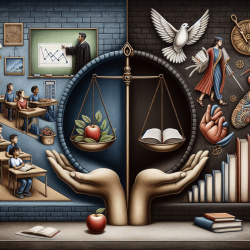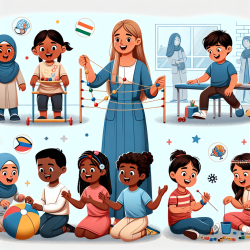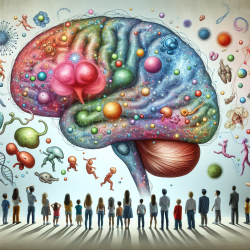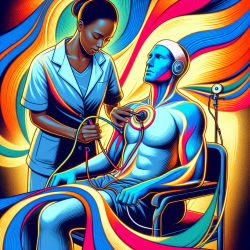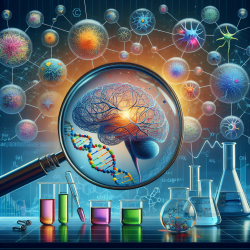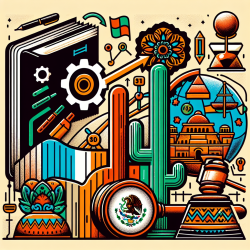In the aftermath of conflicts and human rights abuses, transitional societies face the daunting task of healing and rebuilding. Education plays a crucial role in this process by promoting truth, accountability, and psychosocial healing. The research article "Teaching Truth in Transitional Justice" by Gabriel Velez highlights the importance of educators in supporting these goals through a collaboration with Colombia’s truth commission.
The Role of Education in Transitional Justice
Education systems are pivotal in transitional justice as they can either perpetuate past injustices or foster a culture of peace and reconciliation. Schools have the potential to promote truth and accountability for past atrocities while preparing young people to build a society that respects human rights. However, this requires a thoughtful approach to teaching history and conflict.
The research collaboration with Colombia's truth commission aimed to develop effective resources for educators to teach about the truth of past atrocities. By understanding teachers' perspectives and challenges, the project sought to support educators in their roles as mediators and community members.
Key Findings from the Colombian Context
The collaboration involved a pilot survey of Colombian teachers to gauge their understanding of truth commissions and their roles in teaching about past conflicts. The findings revealed varying levels of knowledge about the truth commission's work, with some teachers feeling well-informed while others lacked awareness.
Teachers generally valued the importance of teaching history from diverse perspectives and felt capable of contributing to peacebuilding efforts. However, they faced challenges such as limited resources, community attitudes, and personal safety concerns when addressing sensitive topics related to the armed conflict.
Supporting Educators in Transitional Societies
The research underscores the need for comprehensive support for teachers in transitional societies. This includes providing educational resources, technological infrastructure, and psychosocial support to help educators navigate the complexities of teaching about past atrocities.
Teachers also expressed a desire for accompaniment from professionals such as psychologists or coaches to assist them in implementing the truth commission's findings in their curricula. This highlights the emotional demands placed on educators who must balance their roles as teachers and community leaders.
Implications for Practitioners
Practitioners can enhance their skills by integrating insights from transitional justice into their teaching practices. This involves acknowledging the complexity of truth-telling processes and supporting educators' mental health as they engage with sensitive historical content.
By fostering an environment that encourages open dialogue and critical thinking, educators can help students understand the importance of human rights and prevent future atrocities. Practitioners should also consider collaborating with local communities to ensure that educational materials are relevant and culturally sensitive.
Encouraging Further Research
The findings from this research highlight the need for ongoing exploration of how education can contribute to transitional justice. Practitioners are encouraged to engage in further research to develop innovative strategies for integrating truth commissions' work into educational settings.
This work is essential not only for Colombia but also for other post-conflict societies seeking to address past violence through education. By learning from each other's experiences, practitioners can create more effective educational frameworks that promote healing and reconciliation.
To read the original research paper, please follow this link: Teaching Truth in Transitional Justice.
